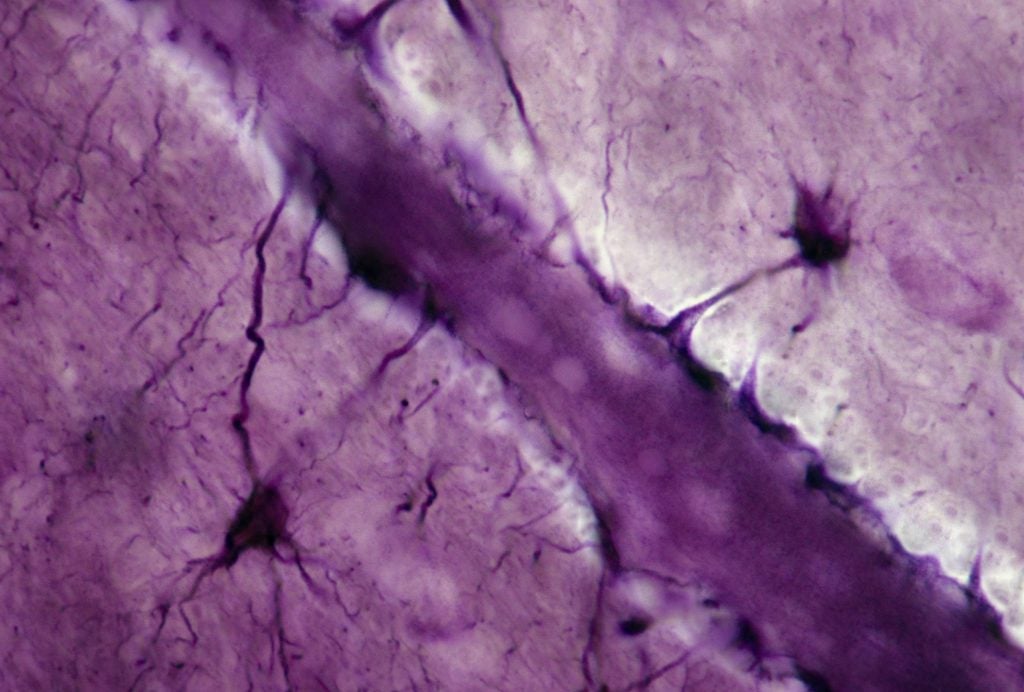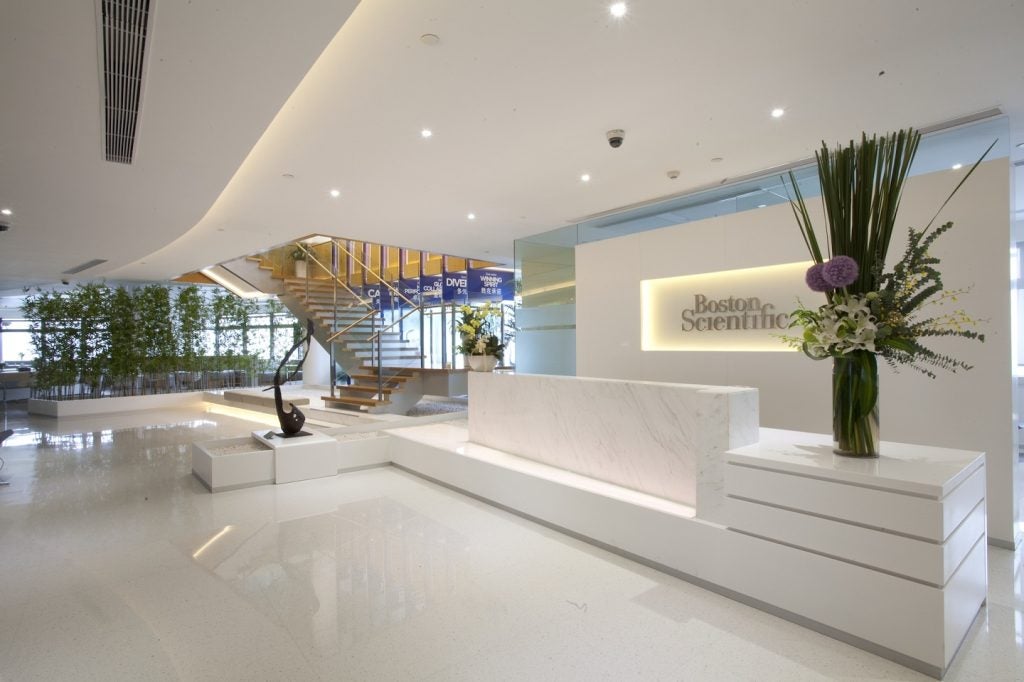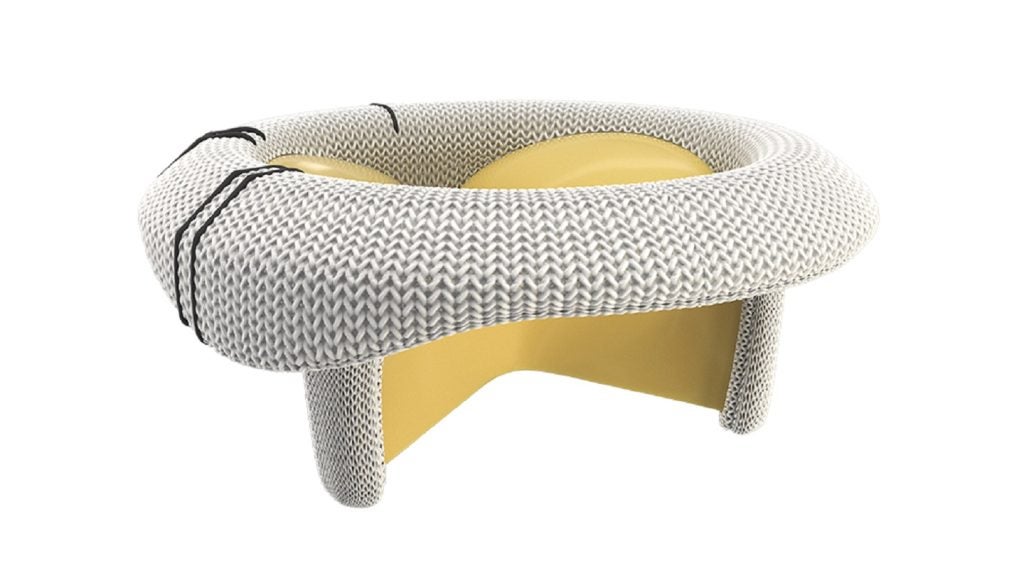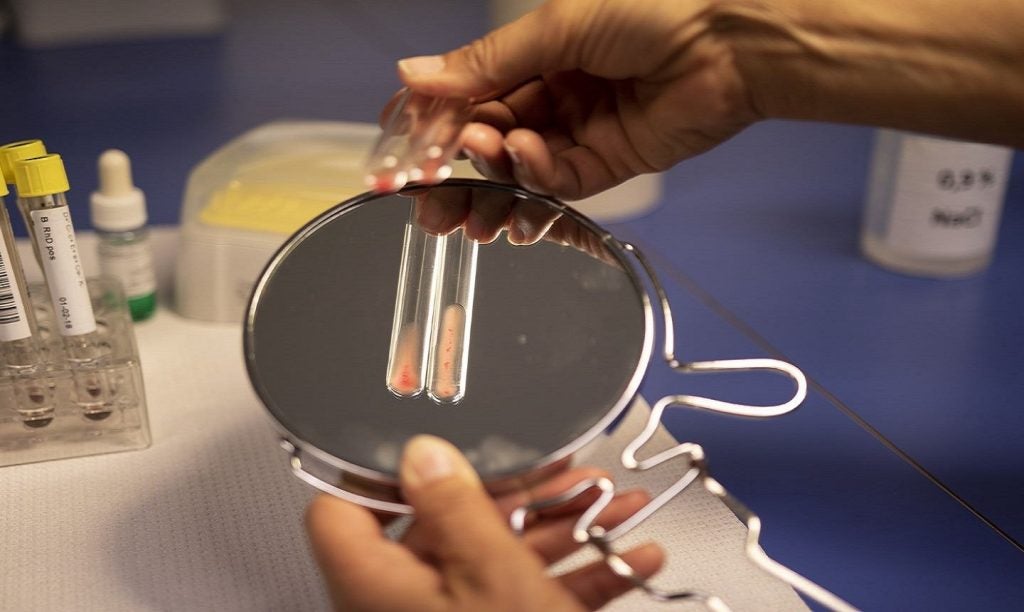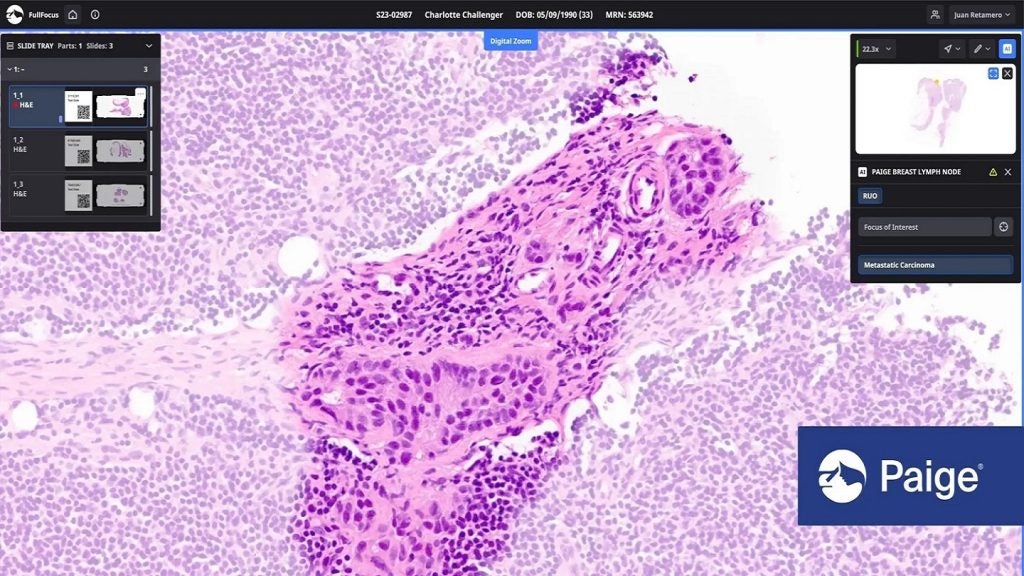The US Food and Drug Administration (FDA) has granted Cordance Medical’s NeuroAccess device with breakthrough designation status.
The US-based company will now be in line for prioritised review for the device’s submission and will also be able to interact quickly with FDA experts to discuss feedback during the premarket review phase.
A common route to diagnosing a brain tumour is via invasive surgery, where a tissue biopsy is taken for lab analysis. The blood-brain barrier (BBB) prevents biomarkers useful in tumour detection from entering the blood, meaning non-invasive detection of circulating molecules can be difficult.
NeuroAccess is designed for SonoBiopsy procedures – where adults with suspected or known brain tumours have their BBB disrupted, enhancing the release of cell-free DNA (cfDNA) analytes into blood circulation.
The device uses focused ultrasound in combination with microbubbles to temporarily open the BBB, facilitating biomarker transfer into the blood.
Cordance Medical has partnered with researchers at Washington University in St Louis, who, earlier this year, pioneered the use of the SonoBiopsy procedure and demonstrated its safety.
Cordance Medical CEO Ryan Dittamore said: "We are keen to continue our clinical trials and to collaborate closely with the FDA to bring this groundbreaking technology to market."
The theory of disrupting the BBB is not new, but only recently has technology advanced to create devices on a commercial level that transiently open the barrier. Other applications include enhancing drug delivery and additional liquid biopsy tests.
In June 2023, Paris-based Carthera secured $37.5m to advance a clinical trial investigating its device that uses low-intensity pulsed ultrasound (LIPUS) to temporarily open the BBB.


